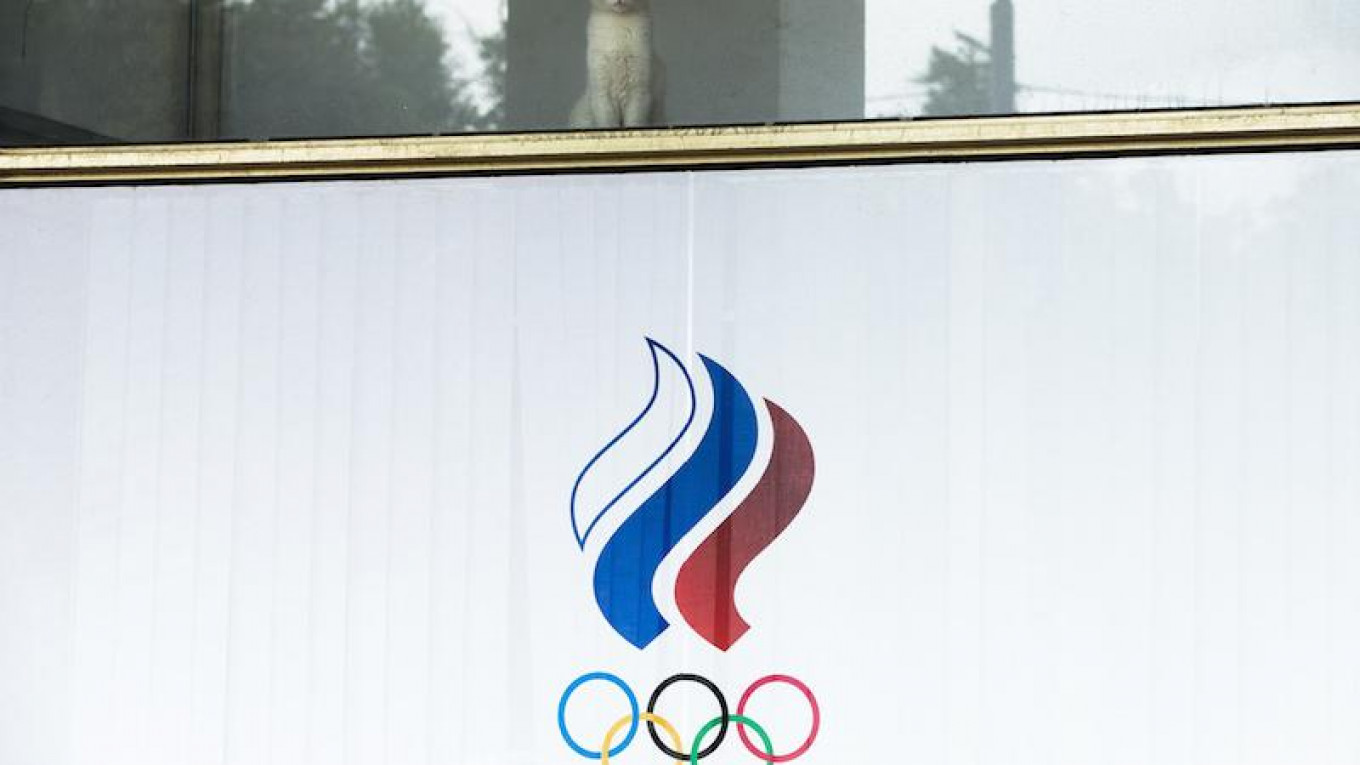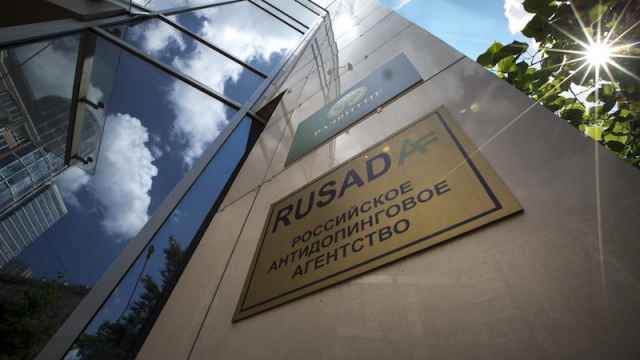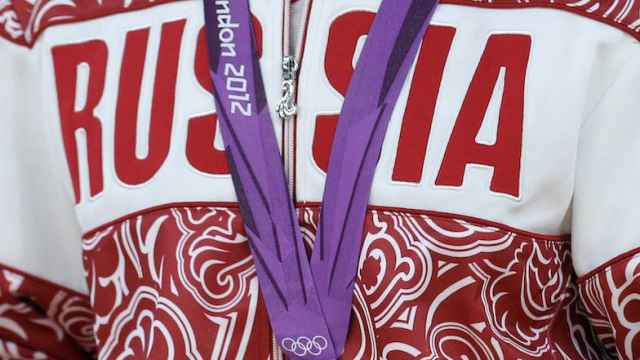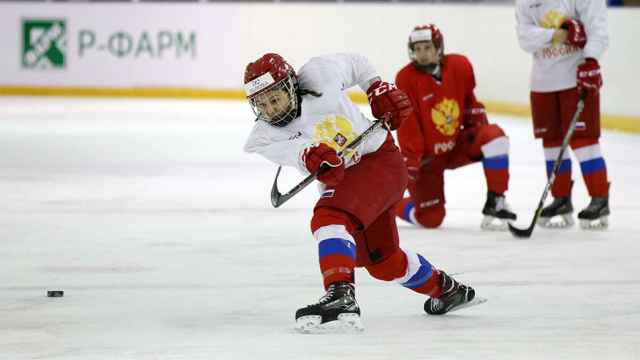The International Olympic Committee (IOC) threw Russian athletes a lifeline when it decided Sunday not to impose a blanket ban on country's Olympic team at the upcoming Games in Brazil's Rio de Janerio. The fate of Russia's athletes has now been left to individual sports federations, who will decide whether individual sportspeople are “clean enough” to compete.
The IOC has been facing calls to ban the entire Russian squad following a report into widespead state-backed doping at the Sochi Winter Olympics in 2014.
Criticism and Disappointment from Doping Officials
The World Anti-Doping Agency (WADA) said it was “disappointed” with the decision, noting that the IOC’s rejection of calls to ban Russia’s athletes could cause “less protection for clean athletes.” The United States Anti-Doping Association (USADA) echoed the sentiment, saying that the decision had delivered “a significant blow to the rights of clean athletes.”
WADA announced Monday that they will continue investigating Russia’s manipulation of the anti-doping system during the 2014 Sochi Games.
CEO of the Institute of National Anti-Doping Organizations, Joseph de Pencier, said Sunday that the IOC decision marked “a sad day for clean sport.” “The IOC has failed to forcefully confront the findings of evidence of state-sponsored doping in Russia corrupting the Russian sport system,” he said, “ignor[ing] the calls of clean athletes” and various organizations.
Australian Sports Minister Sussan Ley also criticized the ruling, telling reporters that she feared for her country’s clean athletes at Rio. The Australian Olympic Committee said that they backed the decision.
Russian Gratitude, Official Moves
Russian Sports Minister Vitaly Mutko, who was heavily implicated in WADA’s most recent report on state-sponsored doping in the country, called the IOC ruling “objective.” “I'm grateful for such a decision,” he told Lenta news website on Sunday. The Sports Minister expressed his “absolute certainty” that the majority of the Russian team would be able to fulfill the “very tough” inclusion criteria set by the IOC.
The Russian Olympic Committee (ROC) announced that they were creating an “independent commission on doping” as recommended by Russian President Vladimir Putin on Friday. ROC honorary president Vitaly Smirnov, who is set to chair the new committee, told Russian publication Sports Express Monday that the IOC would have “faced many problems” if had they decided to ban Russia from Rio.
Smirnov, who held the post of Soviet Sports Minister in the 1980s, named several Russian IOC members, former athletes, business tycoons and government officials as the commission’s new members, Sports.ru reported. The general director of the state-owned Channel One, Konstantin Ernst, would also sit on the committee, Smirnov said.
Controversy Amongst Athletes
Two-time Olympic champion pole vaulter, Yelena Isinbayeva, wrote on social media Sunday night that she was “saddened to tears” by her own feelings of powerlessness. “No one defended my rights,” she wrote.
Isinbayeva also supported the IOC’s decision to ban Russian Olympic runner and doping whistleblower Yulia Stepanova from the competition. Stepanova, who had hoped to compete as an neutral athlete, will no longer be eligible to compete due to past doping offenses. “She [Stepanova] should not be branded a hero,” Isinbayeva said.
British Olympic long jump champion Greg Rutherford called the IOC decision “spineless.” “Not punishing a culture of doping is a much greater threat to sport than the risk of collective justice,” he said, The Guardian reported.
Who’s Going?
The International Swimming Federation (FINA) has cleared all Russian divers and synchronized swimmers for competition at Rio, the governmental news agency TASS reported Sunday. FINA President Julio Maglione said earlier this month that the resignation of Russian Sports Minister Mutko would be “terrible.”
FINA will decide on the fate of Yuliya Yefimova, a competitive swimmer who was previously stripped of her medals and disqualified for two years after a doping scandal, on Monday.
The Russian track-and-field team, with the exception of Daria Klishina who trains in the U.S., will not compete, following the IOC’s backing of a decision made by the International Association of Athletics Federations (IAAF) in July.
The Russian weightlifting team could also be banned from attending. The International Weightlifting Federation’s (IWF) recently decided to ban teams that have had three or more athletes implicated in doping scandals. The IWF is expected to release their decision on Russian team soon, after three Russian athletes were found to be taking performance-enhancing drugs.
The International Cycling Union (UCI) has announced that it plans to decide on each athlete's’ fate individually.Three of its Russian cyclists have receiving doping convictions in the past year.
Russia's judo, tennis, wrestling and rowing teams are also likely to compete.
A Message from The Moscow Times:
Dear readers,
We are facing unprecedented challenges. Russia's Prosecutor General's Office has designated The Moscow Times as an "undesirable" organization, criminalizing our work and putting our staff at risk of prosecution. This follows our earlier unjust labeling as a "foreign agent."
These actions are direct attempts to silence independent journalism in Russia. The authorities claim our work "discredits the decisions of the Russian leadership." We see things differently: we strive to provide accurate, unbiased reporting on Russia.
We, the journalists of The Moscow Times, refuse to be silenced. But to continue our work, we need your help.
Your support, no matter how small, makes a world of difference. If you can, please support us monthly starting from just $2. It's quick to set up, and every contribution makes a significant impact.
By supporting The Moscow Times, you're defending open, independent journalism in the face of repression. Thank you for standing with us.
Remind me later.






